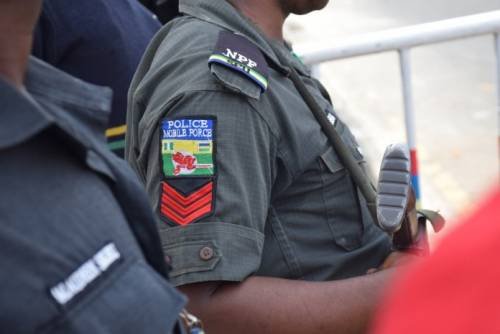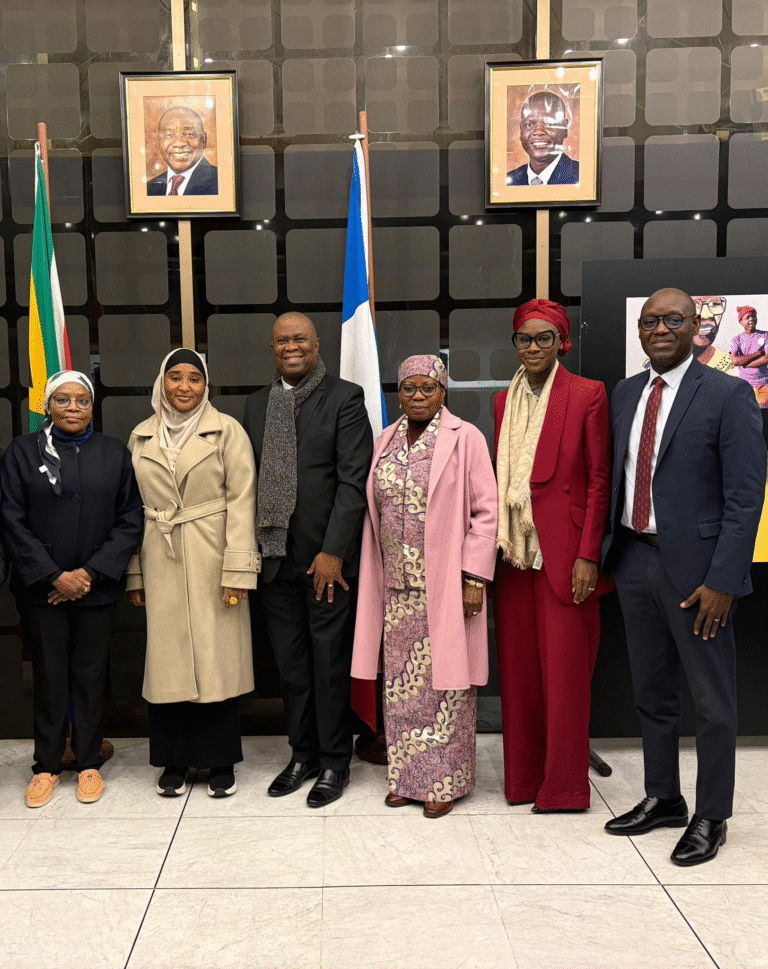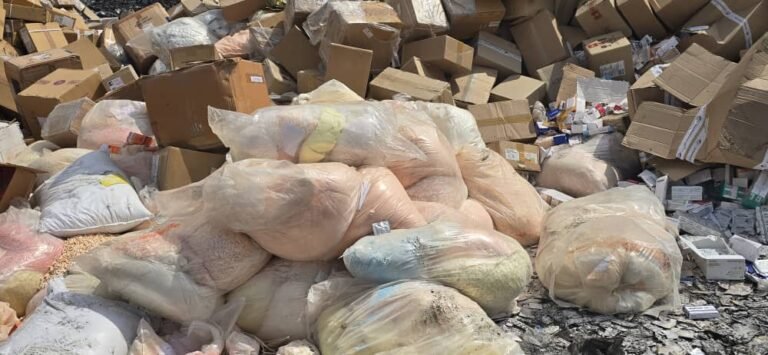
Skeleton services at National Hospital, Abuja (PHOTO CREDIT: Gladness Otamere/ AHR)
(Chukwu Obinna, Gladness Otamere, Oluwatobi Adu, and Oluwafunbi Bello)
ABUJA, Nigeria – Public hospitals across Abuja remain in partial shutdown as the nationwide strike by the Nigerian Association of Resident Doctors (NARD), alongside the Federal Capital Territory Administration (FCTA) chapter strike, entered its fifth day on Thursday, leaving patients stranded and several departments operating at minimal capacity.
A visit by Africa Health Report, (AHR) correspondents to major health facilities revealed that while emergency and critical care units continued skeletal operations, outpatient clinics, specialty units, and routine services remained largely shut.
At the National Hospital, Abuja, wards and hallways appeared unusually quiet. Only a limited number of patients were seen receiving care.

A doctor who spoke anonymously confirmed that only critical cases were being attended to.
“We are only handling emergencies; no new admissions have been made since the strike began,” he said.
At Federal Medical Centre (FMC), Jabi, resident doctors were notably absent. Nurses and consultants managed emergency and maternity care, while other services were scaled down.

A caregiver who’s relative was on admission expressed frustration.
“My brother is inside on admission, but we have not seen a doctor. They said the strike is indefinite. We are just waiting,” she lamented.
A resident doctor at the emergency unit said he only reported on humanitarian grounds.
“We can’t abandon emergencies entirely. Many of us are staying away because of the strike, but some of us come to assist critical cases,” he explained.
Despite the disruptions, emergency, laboratory, and pharmacy services at FMC were functioning at near-normal levels during the visit, according to our correspondent.
At Kubwa General Hospital, outpatient sections were nearly deserted, with only the Accident and Emergency unit visibly active.
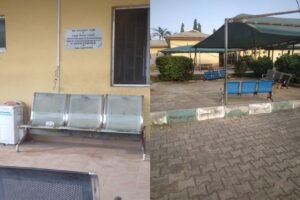
A waiting patient said she had spent hours hoping to see a family doctor.
“I have been here since morning. I’ve not attended. Maybe it’s because of the strike,” she said.
At Bwari General Hospital, routine services had also halted.
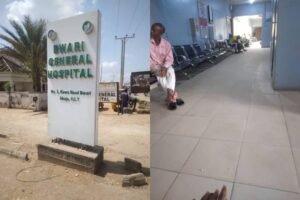
“The doctors are on strike. Only emergencies are being handled,” a staff member confirmed.
Background to the Strike
The strike began on 1 November following what NARD described as decades of unmet agreements. The association highlighted unpaid salary arrears, delayed promotions, poor working conditions, and irregular payment under the Integrated Payroll and Personnel Information System (IPPIS).
Though the Federal Ministry of Health announced the release of ₦11.9 billion to settle outstanding arrears and support residency training, NARD insisted that the government’s claims were “fiction detached from reality.”
“Our struggle transcends money. It is about dignity, safety, and survival,” NARD stated.
Meanwhile, President of ARD-FCTA,Dr. George Ebong, on Wednesday confirmed that while some arrears were recently paid, 47 doctors remain excluded, and others are still owed.
“Until every affected doctor receives every entitlement, the strike continues,” he declared.
The ongoing industrial action continues to disrupt healthcare delivery across the Federal Capital Territory, raising fears of worsening patient outcomes.


